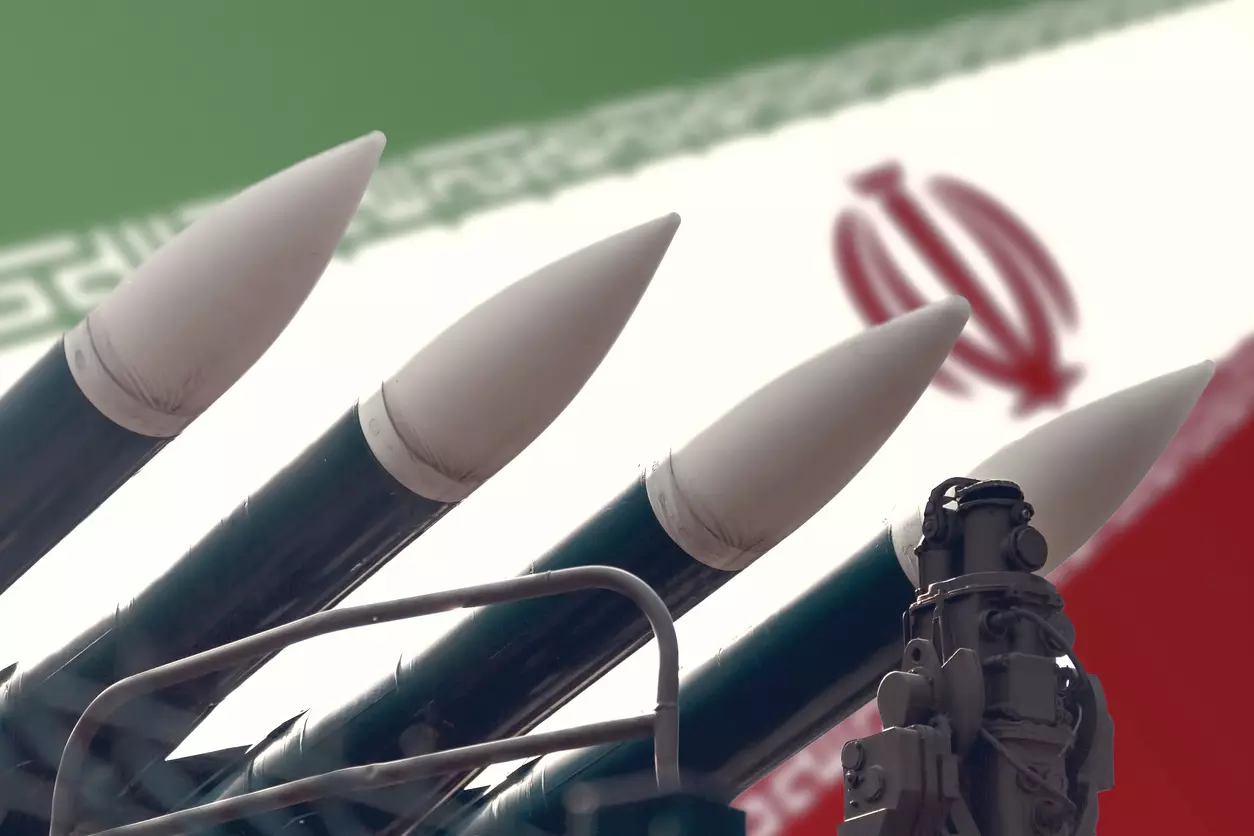
Why Iran attacked militant bases in Pakistan; what is Jaish al-Adl?
Iran has fought in the border areas against the militants but this was the first time it unleashed a missile-and-drone attack on Pakistan, triggering a furious response from Islamabad.

Although both are Islamic states that bond on various issues, the tensions between Shia Iran and dominantly Sunni Pakistan have resurfaced, with Tehran attacking two Pakistan-based bases of a militant Sunni group.
The latest Iranian violation of Pakistan’s sovereignty is, however, unprecedented. But most strategic analysts believe the tensions will not drag on and the two countries will try to overcome the bilateral strains.
Iran said on Tuesday (January 16) that it launched missile and drone attacks on the bases of the militant group Jaish al-Adl. It did not say why.
Sunni militants
The Jaish al-Adl or "Army of Justice" is a Sunni militant group founded in 2012 and which largely operates in Pakistan, at times carrying out trans-border attacks on Iranian territory.
Iran has fought in the border areas against the militants but this was the first time it unleashed a missile-and-drone attack on Pakistan, triggering a furious response from Islamabad.
Pakistan on Wednesday (January 17) issued a strongly worded condemnation of Iran's "violation of its airspace" and warned Tehran that such unilateral actions can have "serious consequences".
Pakistan protests
The attacks, which came a day after Iran carried out similar attacks on Iraq and Syria, have further fuelled tensions in the Middle East already roiled by Israel's war on Hamas in the Gaza Strip.
Pakistan summoned the Iranian charge d'affaires to the Ministry of Foreign Affairs to convey its "strongest condemnation of this blatant violation" of its sovereignty.
Pakistan said the Iranian attack left two children dead and injured three others.
Target Balochistan?
But neither Islamabad nor Tehran mentioned the location where the attacks occurred although it is believed to be Balochistan, Pakistan’s largest province which shares a long border with Iran.
Pakistan’s Foreign Office also said that the "illegal act took place despite the existence of several established channels of communication between Pakistan and Iran".
"A strong protest has already been lodged with the senior official concerned in the Iranian Ministry of Foreign Affairs in Tehran. Additionally, the Iranian charge d'affaires has been called to the Ministry of Foreign Affairs to convey our strongest condemnation of this blatant violation of Pakistan’s sovereignty and that the responsibility for the consequences will lie squarely with Iran," it added.
Sectarian tensions
Pakistan added: "Pakistan has always said terrorism is a common threat to all countries in the region that requires coordinated action.
“Such unilateral acts are not in conformity with good neighbourly relations and can seriously undermine bilateral trust and confidence."
Although Iran and Pakistan cooperate in a number of areas including economic ties, sectarian tensions and geo-politics have at times derailed their otherwise friendly relations.
Afghan issue
When the Taliban fought US and allied troops in Afghanistan, Pakistan along with Saudi Arabia and the United Arab Emirates strongly backed the hardline Islamic militia while Iran along with India and Russia threw its weight behind the anti-Taliban Northern Alliance.
Islamabad had previously accused Iran of trying to promote its influence among Pakistani Shias and encourage Shia militants in Pakistan. Sunni militants believed to have ties with Islamabad have previously attacked Iranian interests in Pakistan.
Iraq, Syria
On Monday, Iran fired missiles into Iraq at what it called an Israeli “spy headquarters” near the US Consulate compound in the city of Irbil, the seat of Iraq's northern semi-autonomous Kurdish region.
Iran also targeted the extremist Islamic State group in northern Syria. The group claimed responsibility for twin powerful explosions in Iran which killed scores of Iranians.
